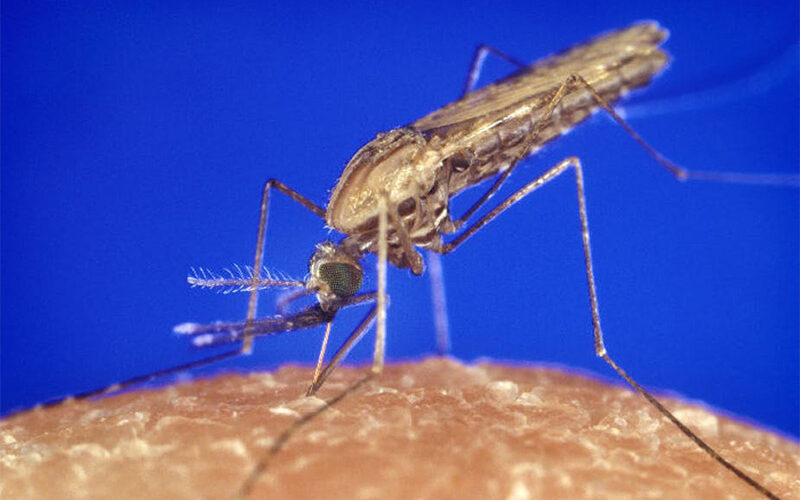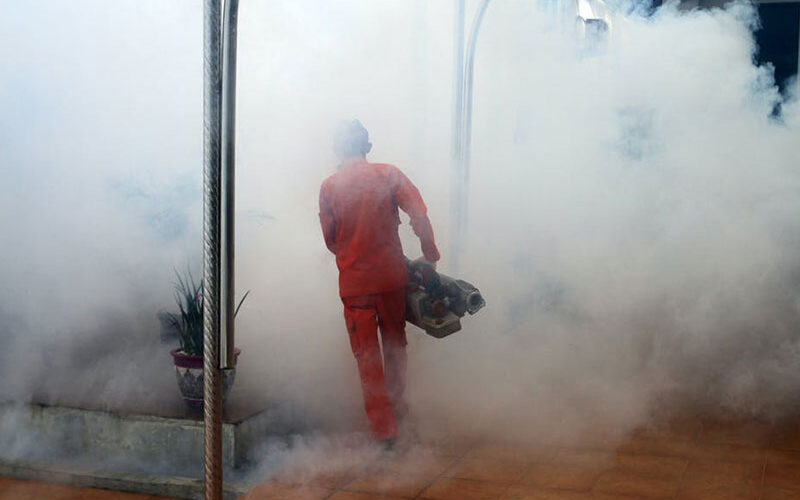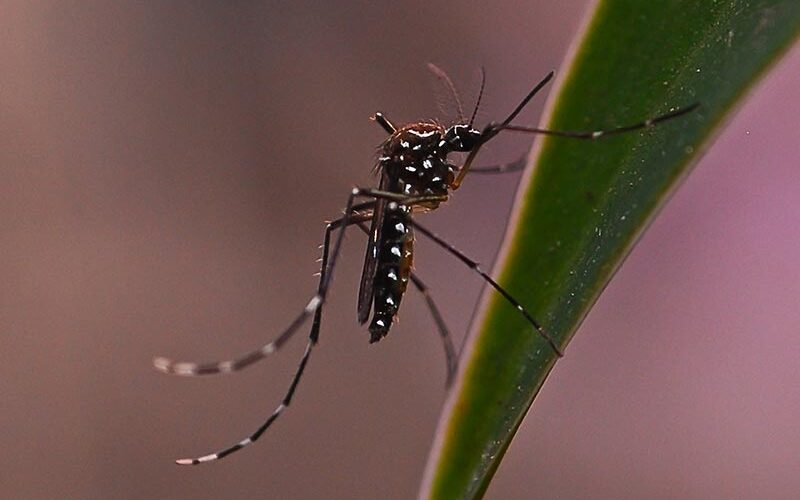
As the malaria season begins in southern Africa, COVID-19 complicates the picture
TWO of the nine global public health awareness days are associated with malaria: World Malaria Day, observed on 25 April, and World Mosquito Day, which commemorates the discovery by Sir Ronald Ross on 20 August 1897 that Anopheles mosquitoes transmit malaria parasites to humans. JAISHREE RAMAN, Laboratory for Antimalarial Resistance Monitoring and Malaria Operational Research, National Institute for Communicable Diseases SHÜNÉ OLIVER, medical scientist , National Institute for Communicable Diseases Both World Malaria Day and World Mosquito Day are particularly relevant to Africa. The continent shoulders the greatest burden of malaria globally. Ninety-three percent of the 228 million malaria cases…


